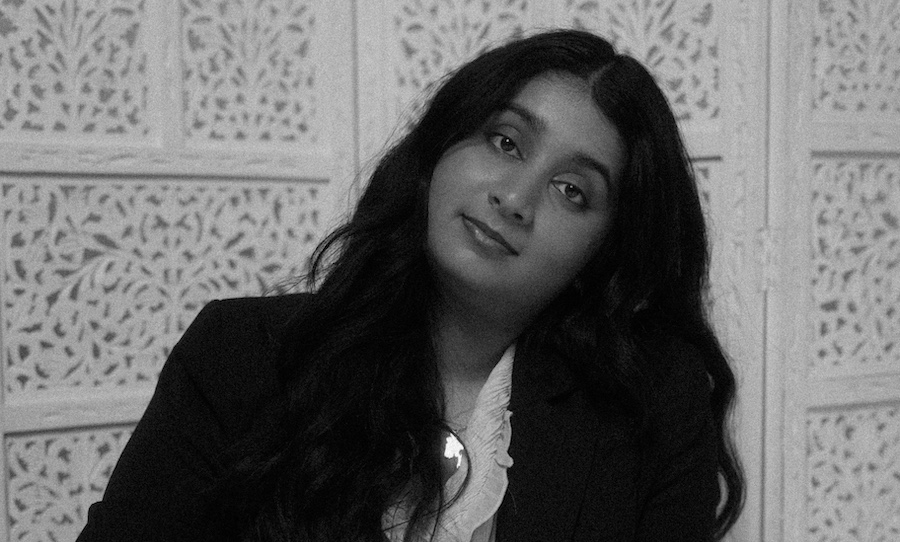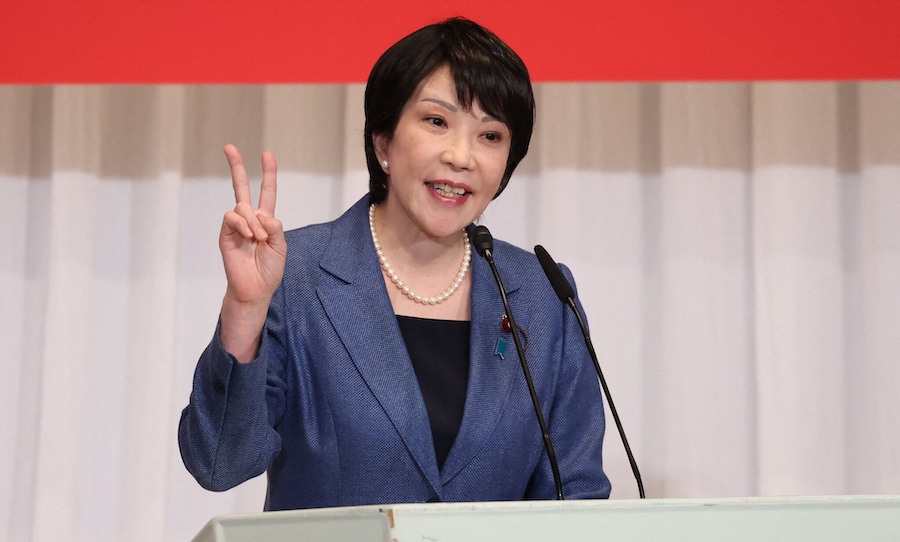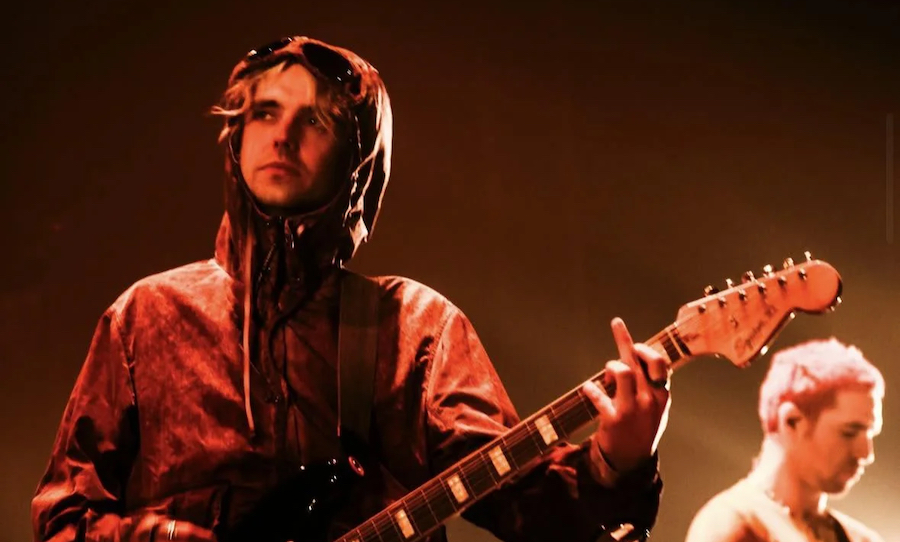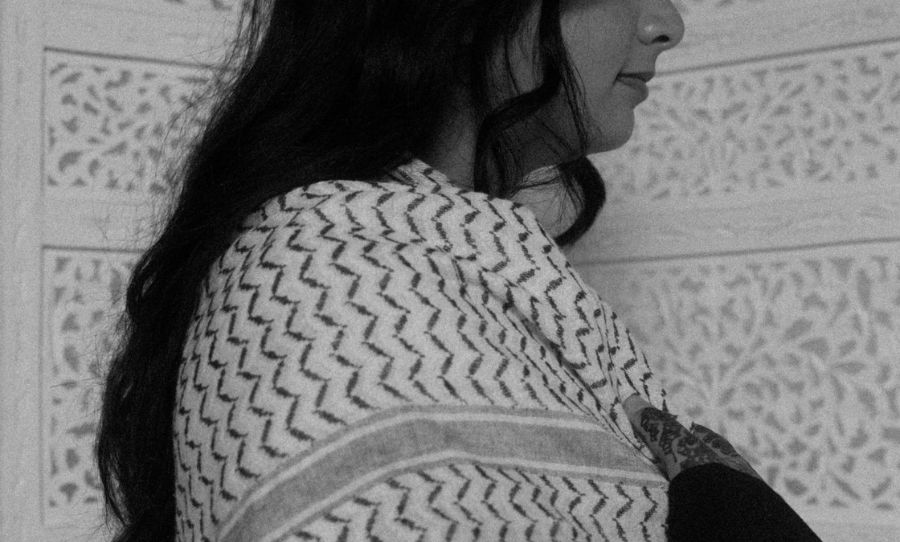Sabreen on why silence isn’t an option for artists right now
Much has been said recently about whether artists have a duty to speak up about the injustices going on in our world.
Some shake their heads, staunchly separating the artistic from the political, claiming that politics should be left to the politicians and art should remain in the realm of escapism.
In the other camp, many denounce artists who continue with business as usual, claiming that silence is complicity and it is the role of people with platforms to use them for a purpose beyond themselves.
This conversation is not limited to Twitter. Over the last two years, as the genocide in Gaza, the largest humanitarian crisis ever recorded in Sudan, and the illumination of decades of exploitation and suffering in the Congo are livestreamed directly to us all over the world, the conversation of whether artists should speak up or stay silent continues behind the closed doors of the music industry.
While artists such as Nehmasis and Kneecap have been dropped from their record labels and boycotted by industry professionals, many mainstream artists who have made activism a part of their brand remain conspicuously silent.
Their promises to stand up against injustice have fallen like a house of cards, and fans are noticing. Fans who scroll from videos of war crimes to album variant announcements.
As one myself, the dissonance is startling. Of course, artists must continue to push their music and post about it; it’s their livelihood at the end of the day.
But it feels so strange to look out your window and see a world order on fire, and then turn your head back to your phone screen and see an artist announcing a world tour with ticket prices well over a week’s worth of rent.
As an artist myself, it feels very strange to be releasing and promoting music right now. Social media is ablaze all the time, but never more so than in this moment.
It feels bizarre to ask people to stream or support my music when there are far more worthy causes to give their attention to.
We are told by the industry to be content machines (if I hear the words ‘short-form content to feed the algorithm’ one more time, it’s game over).
But as a fan of other artists, I am far more invested if the artists I love blend advocacy with their art and use their spotlight to highlight what’s going on around the world.
Sure, it’s a risk that may alienate prospective investors or fans with a particular political view. But for the majority of fans, it shows that the artists we look up to also see what we see when they look out the window.
They stand with their fans instead of above them. They share their fears for the current state of things, but also their hope for a better future. It always makes me look at the artist with a newfound sense of respect.
I see them as fully-rounded human beings with conscience and brands with integrity. In an age where something to purchase is shoved in our faces every two seconds, it’s a balm to see people using their platforms for good.
No one is expecting pop stars or boy bands to be geopolitical experts or fully informed news reporters. Fans just want to feel good about who they support by knowing that their favourite artists stand alongside them.
An artist can have all the money, broken records, and sold-out stadiums in the world; but they would be unwise to forget that it is ordinary, music-loving people who raise these artists up.
Ordinary people who save up for concerts, for vinyl records, who give you their time on a Saturday evening to see you perform. That is an incredible gift, no matter how big or small of an artist you are, if there are 10 people in the crowd or 10,000.
In my opinion, the most powerful artists are those who recognise that, and ground themselves in the world that their fans face.
Michael Jackson, David Bowie and Pink Floyd are some of the greatest musicians of all time, and part of them being so beloved is their combination of activism and music.
Today, artists like Nehmasis, Saint Levant, Hozier and Paris Paloma continue that legacy.
What it comes down to is your goal as an artist. For me, my goal has always been to tell stories, to use songwriting as a medium to document not only my experiences, but those that I do not want to be forgotten.
I used to be afraid to release my darker, more politically-charged songs. Now, my activism is inseparable from my music. Not every song I write or release will be political.
But when there is something to say, something that needs to be said, I want to try to use my pen for a purpose. It’s a great privilege to be an artist.
Being in studios with talented, creative musicians, or on stage with my friends looking out into a crowd of smiling, dancing people, or alone in my room writing a song I love are the greatest joys of my artistry.
I want to use that privilege for good. Releasing ‘The End’ for Palestine earlier this month was scary at times. I don’t want to take up space that isn’t mine.
But the way that I’ve been embraced by the Palestinian community makes everything worth it. It has fuelled me as an artist and as a person to continue to use my art for a better world.
Not all art is political. But right now, maybe it should be. Art has the power to soften hearts, to change minds, to chronicle history as we live through it.
It can make the universal personal, the intimidating understandable, the numbers human again. It is always scary taking a stand — but perhaps, with history’s eyes on all of us, it is even scarier not to.
‘The End’, a song for Palestine, is available to stream everywhere now.



